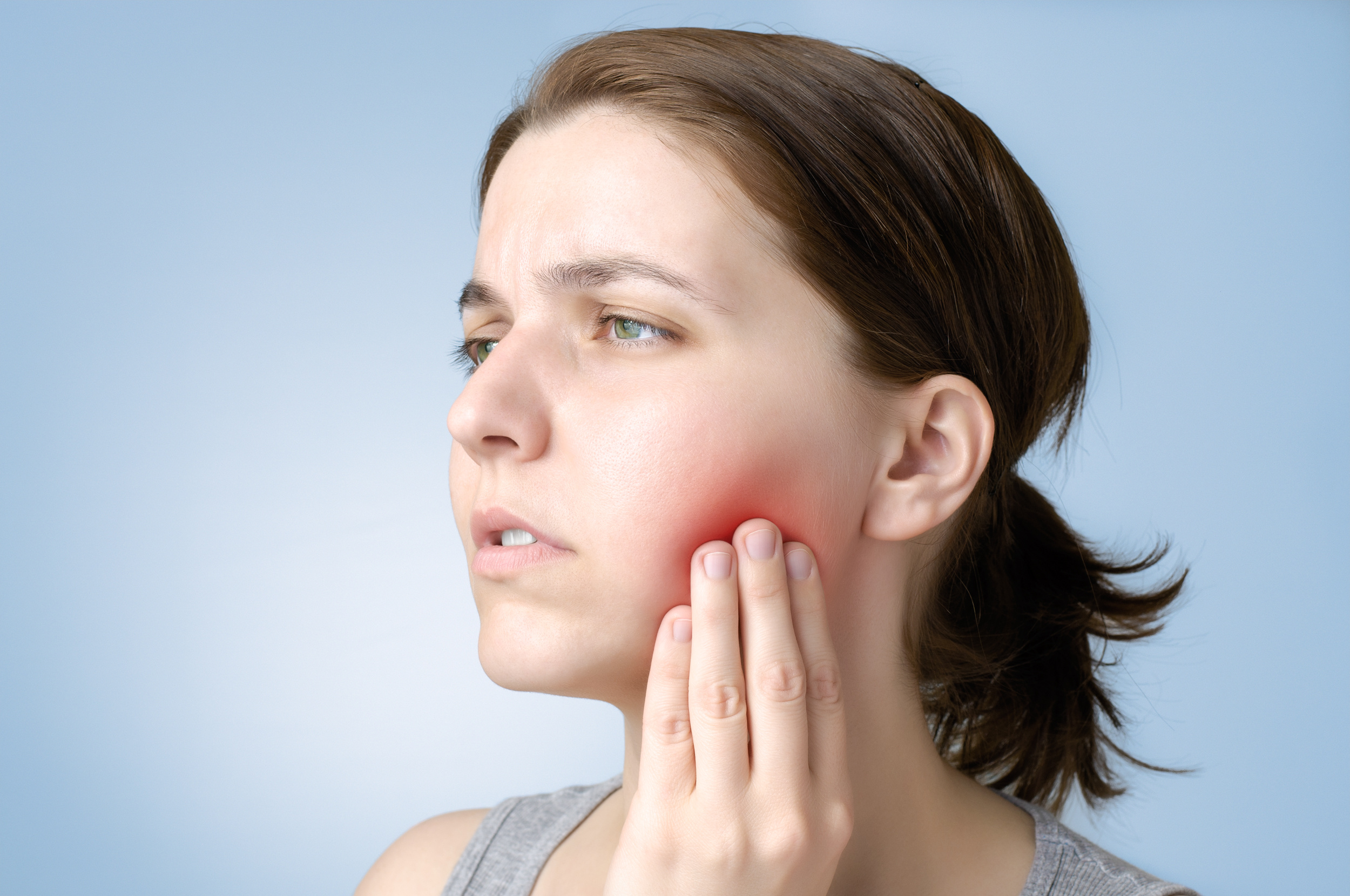A radiant smile is often considered essential to one’s overall appearance. Unfortunately, not everyone gets fortunate enough to maintain its luster and appeal for longer. Over time, bacterial infections, poor hygiene habits, and nutritional deficiencies result in various dental imperfections.
Fortunately, cosmetic dentistry has provided individuals with various options to cover the flaws of their teeth, and veneers reside at the top of the list. But most people are concerned about this dental aesthetic procedure and ask, “Are veneers bad for teeth?”
In this article, we will go through the intricacies of veneers to give you a better idea of whether they impact your dental health. But first, let’s explore a little about veneers.

Veneers are custom-designed, thin shells typically made of porcelain or composite resin, crafted to cover the front surface of teeth. They function as a cosmetic dental solution and are meticulously fabricated to address various aesthetic concerns. These concerns may include discoloration, irregular shape, size discrepancies, or minor misalignments.
So, do the veneers rot your teeth? The answer is no. When placed with the help of skilled dentists, these can enhance teeth’ appearance without causing any harm.
However, it is essential to acknowledge that the placement of veneers involves the removal of a thin enamel layer from the teeth to accommodate the veneers.
While this enamel removal is minimal and considered routine in cosmetic dentistry, it is irreversible, and some critics argue that any alteration to natural tooth structure could be perceived as detrimental. Additionally, the process of enamel removal can contribute to some potential risks that are as follows:
One of the common side effects that make you think,” Are veneers bad for teeth?” is tooth sensitivity. The primary cause of sensitivity is the removal of a thin enamel layer from the tooth surface during the preparation stage. Enamel removal is necessary to create space for the veneers and ensure a proper fit.
However, the enamel layer acts as a protective barrier, and its removal can expose you to various forms of tooth sensitivity, especially in the immediate aftermath of the procedure. While the sensitivity is usually temporary, it’s a consideration, particularly for those with pre-existing sensitivity concerns.
Are veneers bad for teeth? Well, another point to address is its effect on gum health. While veneers are designed to enhance the appearance of teeth, there is a potential risk of gum damage associated with their placement. If not done properly, enamel prep can cause veneers to infringe on the gum line, resulting in inflamed gums.
Additionally, contouring veneers around the edges is crucial in preventing gum disease. If the edges are not precisely shaped or there are discrepancies in the fit, they may irritate the gums. Also, it may create an environment where bacteria can thrive, potentially leading to gum issues.
Do veneers damage your teeth with cavities? While veneers themselves are resistant to decay, the risk of cavity formation can still be associated with certain aspects of the veneer placement process and subsequent maintenance.
If veneers are not precisely fitted along the tooth margins, it can create spaces where bacteria can accumulate. These micro gaps between the veneer and the natural tooth may increase the risk of plaque buildup, potentially leading to cavity formation.
Certain dietary habits, like frequent consumption of acidic and sugary foods and beverages, can lead to cavity formation. Veneer recipients should be mindful of their diet to reduce enamel erosion and cavities.
Are veneers bad for teeth? Well, these aesthetic wonders aren’t so bad but rather durable. However, we can’t ignore that the potential for breakage is a consideration associated with this cosmetic dental procedure.
Porcelain, a commonly used material for veneers, possesses a degree of brittleness. While it replicates the natural appearance of teeth exceptionally well, it may be susceptible to chipping or cracking when subjected to excessive force or impact. Individuals who grind their teeth, a condition known as bruxism, are at an increased risk of veneer breakage.
Removing veneers, whether for replacement or other reasons, carries inherent risks that may compromise the dental bond and potentially lead to damage.
Over time, the bond between the veneer and the tooth may become quite intense. Safely and effectively breaking this bond during the removal of veneers requires precision and careful techniques to avoid damage to the underlying tooth structure. A slight negligence can result in tissue damage and nerve death, causing extreme discomfort.
So, if you are skeptical and thinking, “Are veneers bad for teeth?” these are not. However, the risk regarding veneer placement and replacements can cause significant damage and must be done cautiously.
If you are looking to get or replace veneers, we have some safety considerations after the process below:
Consultation and Assessment
Begin by seeking a thorough consultation with a qualified dental professional. A comprehensive assessment lets your dentist evaluate your oral health while discussing your aesthetic goals and determining whether veneers are suitable or not. This initial step ensures that potential risks are identified early and that the most appropriate treatment plan is established based on your needs.
Consider incorporating protective measures to safeguard your veneers from potential risks. If you engage in activities that bear a risk of impact or force to your teeth, such as sports or teeth grinding, wearing a mouthguard can provide an added layer of protection. Additionally, avoiding habits like biting on hard objects can help prevent potential breakage or damage to the veneers.
Scheduled dental check-ups are essential for monitoring the condition of your veneers and addressing any potential issues before they escalate. Routine examinations allow your dentist to assess the dental bond’s integrity, evaluate the veneers’ fit, and detect any signs of enamel loss or gum problems.

With this comprehensive guide, you should now have a clear understanding of the question, “Are veneers bad for teeth?” This knowledge equips you to approach this aesthetic treatment with confidence. However, ensuring the longevity and success of your veneers after the procedure demands a meticulous approach and thoughtful steps, all of which we’ve outlined in the guide above for your convenience.
If you are looking for porcelain veneers in NJ, Hesed Dental is what you should Opt for. Apart from installing veneers in NJ, they go the extra mile and make customized veneers per your requirements.
Contact us now to get the best dental treatment tailored for you.

Hesed Dental 543 Gorge Road Cliffside Park, NJ 07010
201 941 8877